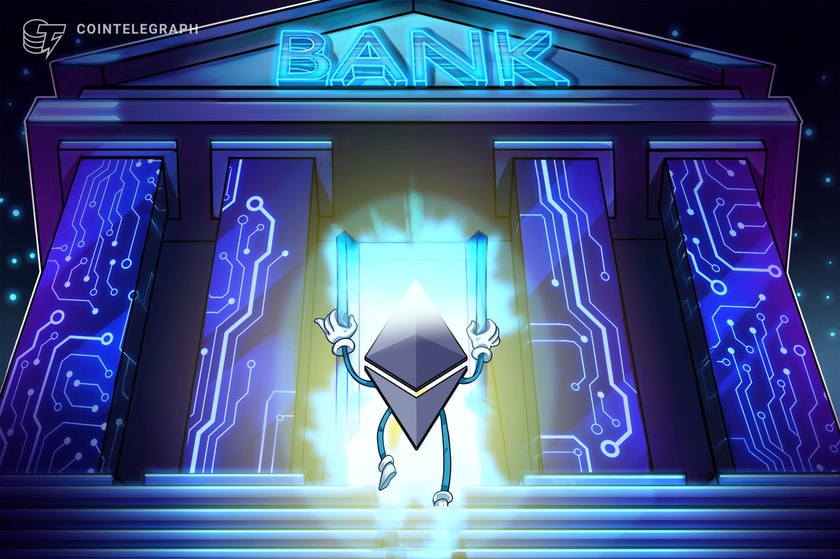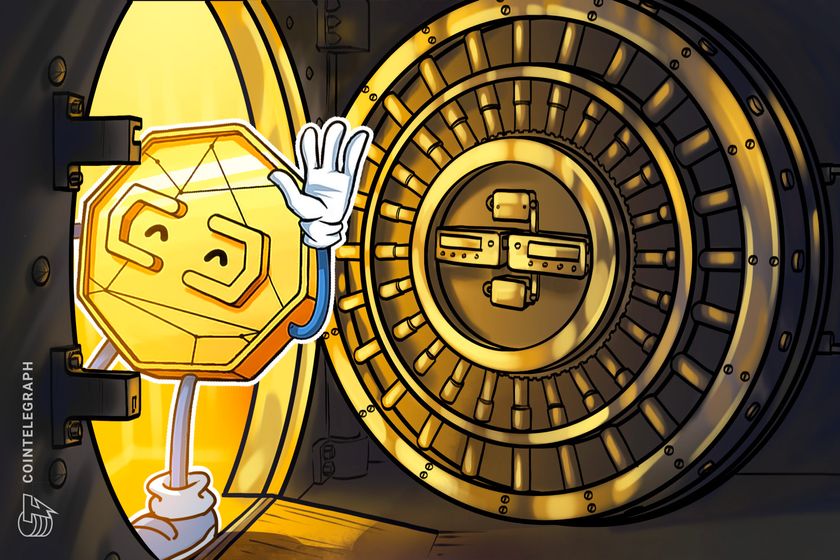Short term Bitcoin buyers transition to long term holders: Glassnode
Although long-term coin selling saw a marked increase last week, HODLing is still the preferred strategy as more of the short-term supply is becoming long-term supply.
429 Total views
4 Total shares

Over the past week, long-term holders of Bitcoin increased their spending to a level that suggests de-risking from the market, but hodling remains the predominant investing strategy.
Uncertain macroeconomic headwinds are likely to have precipitated the increase in the sell-offs last week by long-term holders and shaken some short-term holders out of their positions according to data from blockchain analytics firm Glassnode. Last week, coins older than six months accounted for 5% of total spending, which is a level not seen since last November.
Short-term holders (STH) who have held coins for less than 155 days continue to decline in number, but not necessarily due to selling. Glassnode suggests that while it is generally more common for STH to sell, the recent decline in STH supply “can only occur when large portions of the coin supply are dormant and crossing the 155-day age threshold, becoming Long-Term Holder supply.”
Bitcoin (BTC) accumulation patterns do not suggest bear market behaviors yet as overall sell pressure remains consistent. Also, more than 75% of the BTC circulating supply has been dormant for at least six months despite the recent uptick in selling. Glassnode says this is an indication that investors are still predominantly hodlers.

Glassnode noted that the sell-offs have been into a relatively strong market that has avoided any significant moves up or down and has remained range-bound for most of this yea. This is thought to be staving off a capitulation event which often comes at the end of a bear cycle. There has not been a significant capitulation since last May when BTC price crashed from $58,771 to $34,977 over the course of a 15-day period according to CoinGecko.
The period from the May capitulation event until October marked the last time BTC accumulation resembled bear market behavior.

The profit/loss ratio of STH supply is still near the all-time low set in mid-2021. Currently, 82% of STH coins are being held at a loss which Glassnode states is an indication of the later stage of a bear market when savvy investors send their coins to cold storage to lie in wait for the return to positive profit margins.

Related: BTC price struggles below $39K ahead of expected interest rate hike by the Fed
As noted in last week’s BTC market update, exchange outflows remain quite high. Coinbase saw its largest outflows in nearly five years last week with 31,130 BTC leaving the exchange. These outflows illustrate Bitcoin’s increasing reputation as a must-have in a modern investor’s portfolio, and a further reluctance to liquidate in a hurry.









